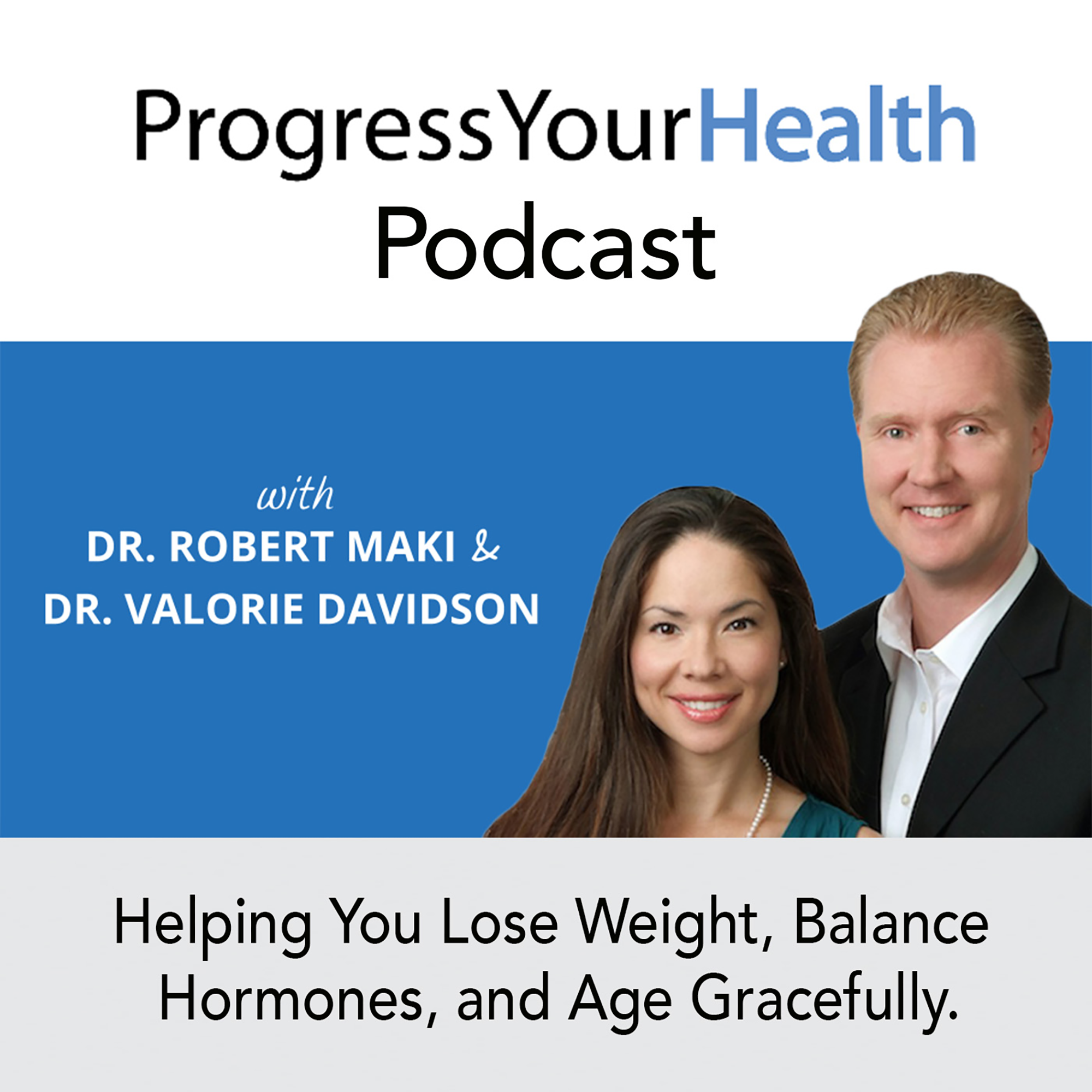
Perimenopause and Thyroid | PYHP 143
In this episode, we return to a listener’s question regarding thyroid dosing in perimenopause. In our previous episode, we answered Tracy’s question about taking estrogen in perimenopause. Tracy also asked us an additional question about her thyroid doses. Tracy does not have a thyroid gland and has been noticing her dose is continually increasing as […]

Biest and Perimenopause | PYHP 142
In this episode, we discuss a listener’s question regarding perimenopause and estrogen hormone replacement. Tracy is concerned because she is still having a period but also has symptoms of low estrogen. She is not sure if she is a candidate for estrogen therapy since she is still cycling. Tracy’s Question: Hi- you’ve discussed in past […]

Menopause and Anxiety | PYHP 141
In this episode we discuss Jenell’s question she submitted on our website (Ask the Dr). Jennell has been having terrible anxiety since entering menopause and it is really affecting her quality of life. Jenell’s Question: Since starting menopause, I’ve had debilitating anxiety, especially bad in the morning. By evening, It practically goes away. I’m 54 […]

Can Menopause Cause Heart Palpitations? | PYHP 140
In this episode, we discuss a listener’s question. Amanda is 50 years old and starting to have menopausal hot flashes and weight gain. However, she is most concerned about the heart palpitations she is having. Amanda has had a cardiovascular workout and does not have heart disease. Most people might not be aware, but feeling […]

Does Progesterone Help You Sleep in Perimenopause? | PYHP 139
In this episode, we discuss a listener’s question about perimenopause. ‘Maggie’ is in her 40’s and experiencing severe insomnia with anxiety. She has tried supplements and different doses of progesterone with minimal results. She is having so many ups and downs with her insomnia, anxiety, and hormones. She is wondering how long this is going […]

How to Treat Premature Ovarian Failure? | PYHP 138
In this episode, we talk about Mary’s hormone concerns after ovarian failure. She is only 34, and in the last 7 years since her ovarian failure has tried many hormone replacement options, all without the success she was looking for. Let’s Read Mary’s Question: When I was 27 years old I was diagnosed with iatrogenic […]

Is Biest Better Than Estradiol Patch? | PYHP 137
In this episode, we answer a listener’s question about her HRT dosing. ‘Donna’ is 63 years old and has been on some type of hormone replacement therapy for the last 13 years. Hormone therapy is not ‘one size fits all.’ There are so many types of menopause hormone therapies that each treatment needs to be […]

Menopause and Heart Disease Risk | PYHP 136
In this episode, we discuss a question from Janice, a podcast listener’s question regarding the benefits of estrogen therapy for heart health. There is much evidence to show that estrogen has cardiovascular protective benefits. We wanted to discuss how estrogen benefits heart health and can help reduce the risk of cardiovascular disease. Janice’s Question: Are […]

Estrogen and Bone Density | PYHP 135
In this episode, we talk about the benefits of estrogen on bones. A listener’s question (Alison) inspired this episode. Alison asked if taking vaginal biest has the same heart and bone effects that other estrogens and estrogen therapies have. So, we wanted to expand on estrogen’s role in helping keep bones strong and healthy. In […]
